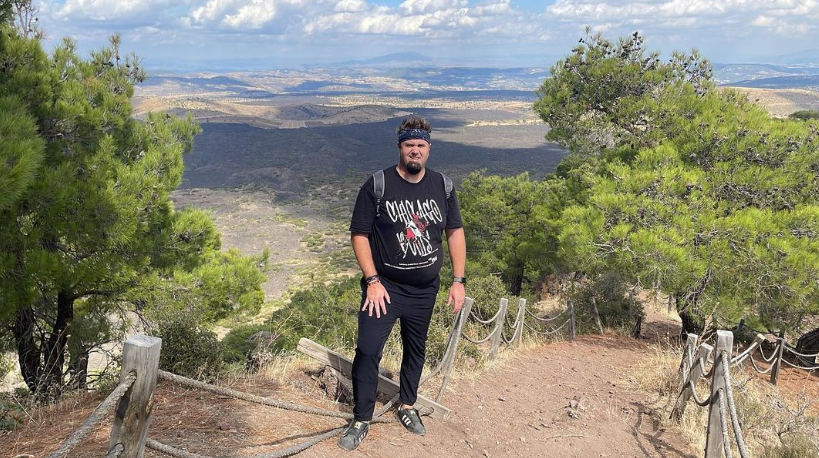The Football Federation of Armenia (FFA) said on Wednesday that it has decided to change its new emblem widely criticized for not depicting a biblical mountain in what is now eastern Turkey.
The FFA’s previous logo, which carried a picture of Mount Ararat, was dropped ahead of last month’s match in Yerevan between Armenia’s and Turkey’s national soccer teams that was watched by the presidents of the two neighboring states.
The move prompted strong criticism from domestic political groups, notably the pro-government Armenian Revolutionary Federation (Dashnaktsutyun), that suggested that it was designed to please the Turks. Dashnaktsutyun leaders cast doubt on the credibility of FFA assurances that there were no political motives behind the change of the logo emblazoned on the jerseys of national and youth team players.
Located in northeastern Turkey and visible from Yerevan and much of southern Armenia, Ararat is considered by many Armenians a national symbol. The snow-capped peak, the supposed resting place of Noah’s Ark, is depicted in the center Armenia’s national coat-in-arms.
Ruben Hayrapetian, the FFA chairman who has previously dismissed the Dashnaktsutyun criticism, said on Wednesday that the decision to leave Ararat out of the current logo was a mistake. “I apologize to the entire public for this real mistake,” he told reporters.
“We did not think that there will be such an uproar,” Hayrapetian said, adding that the FFA has already commissioned graphic designers to develop another Armenian football emblem. He said it will definitely carry an outline of Ararat.
“In the meantime, our national football teams will wear jerseys with the emblem of the Republic of Armenia,” the FFA’s executive director, Armen Minasian, told RFE/RL.
Both he and Hayrapetian insisted that the logo change had nothing to do with the Armenia-Turkey World Cup qualifier played in Yerevan on September 6. “We began the process of logo change last year before we knew that are going to play Turkey,” said Minasian. “There was never any deliberate effort to remove Ararat.”
(Photolur photos: The current, left, and former emblems of the FFA.)






